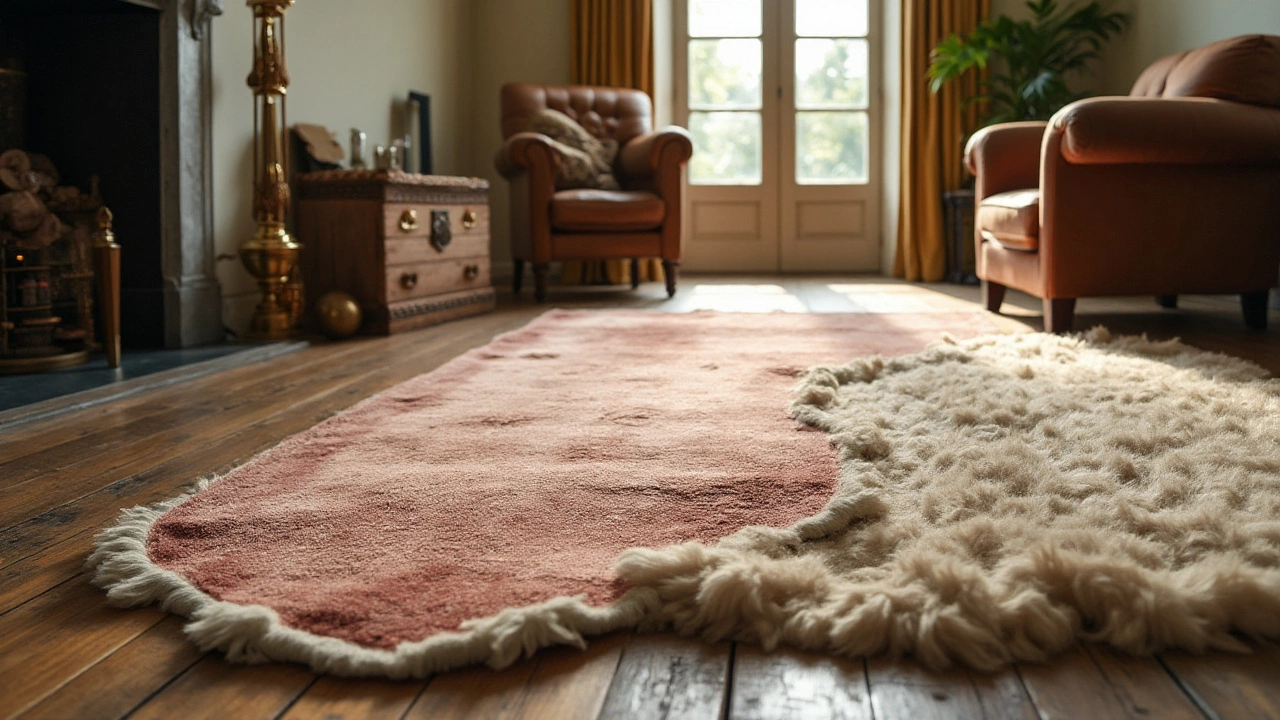Avoid Materials: Simple Rules for Smart Home Purchases
Ever walked into a store and felt the fabric, only to wonder if it will last? You don’t need a degree in upholstery to know what to avoid. Below are the red‑flags you can spot in a few seconds, so you never waste money on stuff that falls apart.
Spotting Trouble Materials
Cheap synthetic leather. It looks glossy, but it cracks and peels after a few months. Give it a gentle press – if it feels plasticky or the surface grabs your fingers, walk away.
Low‑grade particle board. This is the “cheese‑cloth” of furniture frames. If the piece wobbles when you lean on it, the frame is probably particle board. Look for real wood or metal legs instead.
Thin polyester curtains. Light weight means they let in glare and fade fast. Hold the fabric up to the light – if you can see the weave clearly, it’s too thin for long‑term use.
Polypropylene rugs. They’re cheap and stain‑resistant, but they wear down quickly in high‑traffic areas. Run your hand over the pile; if it feels smooth like a plastic sheet, it’s not a rug you’ll love.
Excessive foam padding. Many sofas use cheap foam that digs in after a short time. Press the cushion – if it springs back instantly and feels spongy, it’s likely low‑density foam.
Better Alternatives
When you spot a bad material, know what to look for instead. For sofas, ask for a hardwood frame and high‑density foam or a blend of foam and springs. For rugs, natural fibers like wool or cotton offer durability and softness.
Curtains made from linen, cotton blends, or blackout fabrics give both privacy and lasting color. If you love the sleek look of leather, opt for top‑grain leather – it ages beautifully and resists cracking.
Don’t forget care instructions. Even the best material needs proper maintenance. A quick wipe with a damp cloth can keep cotton curtains fresh, while a leather conditioner prolongs a sofa’s life.Finally, trust your gut. If a piece feels off in your hands or looks too shiny for comfort, it’s probably a material you should avoid. Use these quick checks, and you’ll fill your home with items that stay beautiful and functional for years.
